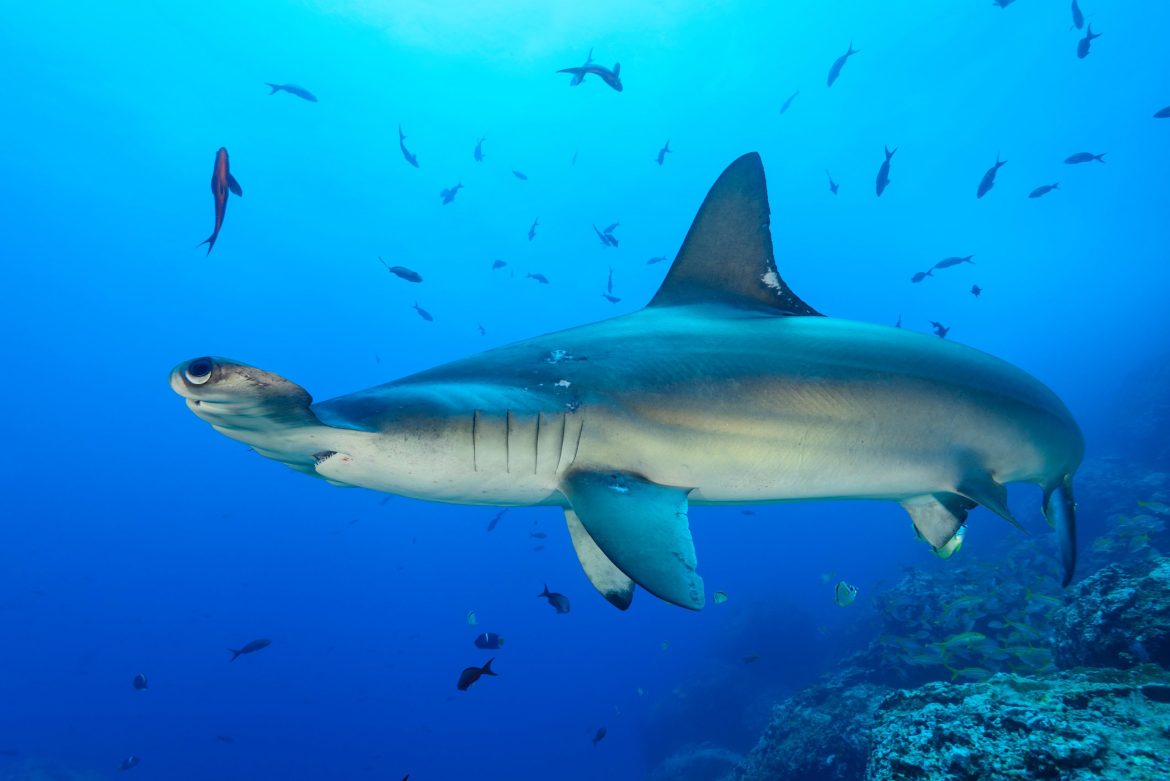A Desperate Plea to Lawmakers:
Turtle Island Restoration Network, a global conservation giant with a staggering 160,000 supporters worldwide, has fired off an urgent letter to the Costa Rican Environmental Commission. This comes after the shocking failure of Bill N° 21.754 aimed to safeguard Costa Rica’s endangered sharks.
A Bill of Paramount Importance:
Bill N° 21.754 was a game-changer that proposed amendments to the Wildlife Conservation Law. Its shocking failure to pass has led the Turtle Island Restoration Network to urge for immediate reconsideration and compliance with domestic and international laws.
A Legal Conundrum:
Costa Rica is no stranger to its legal responsibilities. Hammerhead sharks, thresher sharks, and silky sharks are already listed as endangered under the National System of Protected Areas (SINAC). The failure to prevent the extraction and commercialization of these species contradicts not only Costa Rican laws but also a recent Supreme Court ruling (Exp. 17-008322-1027-CA Res. 000912-F-S1-2023, 21/6/2023).
Obligations Under International Treaties:
This isn’t just a national issue. The failure to protect these endangered sharks jeopardizes Costa Rica’s compliance with international treaties, such as the Convention on International Trade in Endangered Species of Wild Fauna and Flora. These sharks are highly migratory and swim through multiple nations’ waters, making international protection crucial.
Reputation At Stake:
Failing to take immediate action would significantly tarnish Costa Rica’s reputation as a world leader in conservation efforts. The clock is ticking, and the world is watching!
The letter, signed by Todd Steiner, the Executive Director of Turtle Island Restoration Network, serves as a final warning and plea to protect Costa Rica’s marine wildlife and uphold its obligations on the global stage.
Letter Below
RE: Bill N° 21.754
Honorable Congressperson, Turtle Island Restoration Network, an international conservation organization with over 160,000 supporters worldwide, and has been active in the conservation of marine resources of Costa Rica since the 1990s.
We are dismayed to learn that Bill N° 21.754, which modifies article 1, paragraph 4 of the Wildlife Conservation Law has failed to pass. We strongly urge you to reconsider and return and pass this bill to bring Costa Rica into compliance with its own laws and its international treaty obligations.
As you are aware hammerhead sharks, thresher sharks and silky sharks are currently listed under the National System of Protected Areas’ (SINAC) Endangered and Threatened Marine Coastal Wildlife Species List. To continue to permit extraction and commercialization of these species is contrary to Costa Rica’s own laws (Wildlife Conservation Law, articles 14c and 7, the Fishery Law, article 14p0, and to Constitutional Court jurisprudence, Exp: 98-003684-0007-CO Res: 1999-01250, 19/2/1999. The recent ruling of the 1st Court of Appeals of the Supreme Court of Justice (Exp. 17-008322-1027-CA Res. 000912-F-S1-2023, 21/6/2023) corroborates that legal finding, and resolved that sharks must be regulated as “wildlife,” and not as a commercial species (AJDIP 290- 2017).
Moving forward with action to protect sharks will also allow Costa Rica to honor its treaty obligations of under the Convention on International Trade in Endangered Species of Wild Fauna and Flora and other international agreements designed to protect endangered species. This is critical to protect these internationally recognized species including s the two species of hammerhead shark (critically endangered), two species of threshers sharks, pelagic (endangered) and bigeye and silky sharks (vulnerable) who are threatened by international trade, and who are highly migratory and need of international protection as the migrate through the sovereign waters of several nations.
Failing to do so will tarnish Costa Rica’s historic reputation in the international conservation community.
Please move swiftly to protect Costa Rica’s endangered marine wildlife and your nation’s obligations and status as a world leader of conservation.
Sincerely,
Todd Steiner
Executive Director

